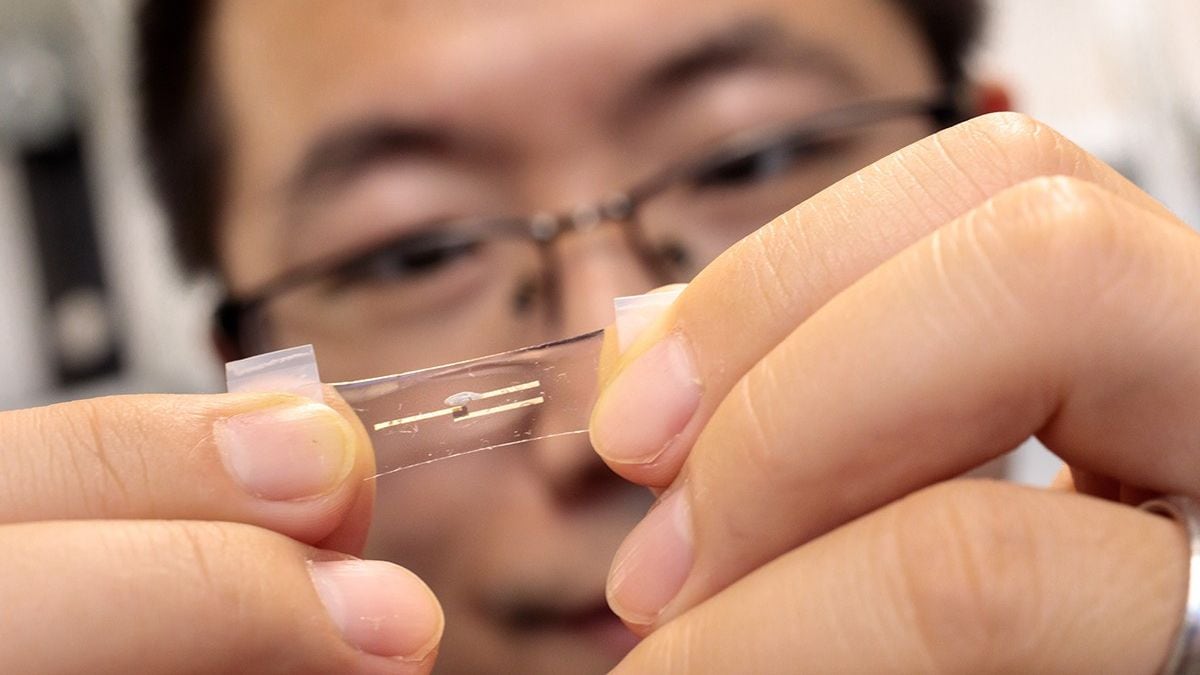Fusing wearable technology with artificial intelligence, researchers, at the University of Chicago, have developed a flexible stretchy device that records heath data and processes by mimicking the functioning of a human brain. Today, a range of wearable fitness bands and other health devices exist in the market. However, most of them are not capable of undertaking complex analysis of the patient’s baseline measurements and spot signals of disease.
This is where the potential of artificial intelligence can be used to bridge the gap. Machine learning can help detect patterns in sophisticated data sets. However, sending the information from a device to a centralised AI location is not efficient enough and energy intensive.
Hence, in the new study, the team aimed at designing a chip that could not only collect data from multiple biosensors but also draw conclusions about the person’s health using AI. “With a smartwatch, there’s always a gap. We wanted something that can achieve very intimate contact and accommodate the movement of skin,” said Sihong Wang, a materials scientist and Assistant Professor of Molecular Engineering. Wang is also one of the authors of the study published in Matter.
The team has decided to utilise polymers that can be used to make semiconductors and electrochemical transistors and are also quite flexible and stretchy. They have accommodated the polymers into a device that enabled the processing of the data through AI. The chip, named neuromorphic computing, works less like a computer and more like a human brain. This way it is able to both store and analyse information in an integrated way.
Researchers have also tested the efficiency of the device and used it to analyse electrocardiogram (ECG) data or the electrical activity of the heart. They trained the device to classify the data into four types and found that it provided an accurate analysis of whether the chip was bent or not.

